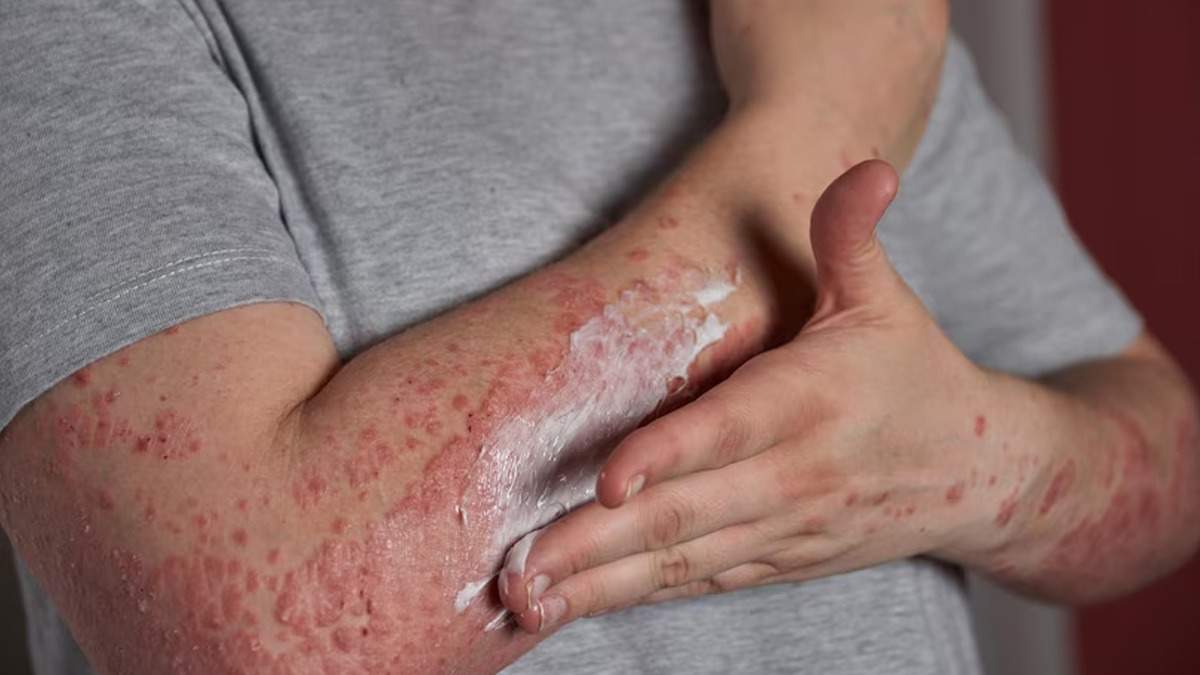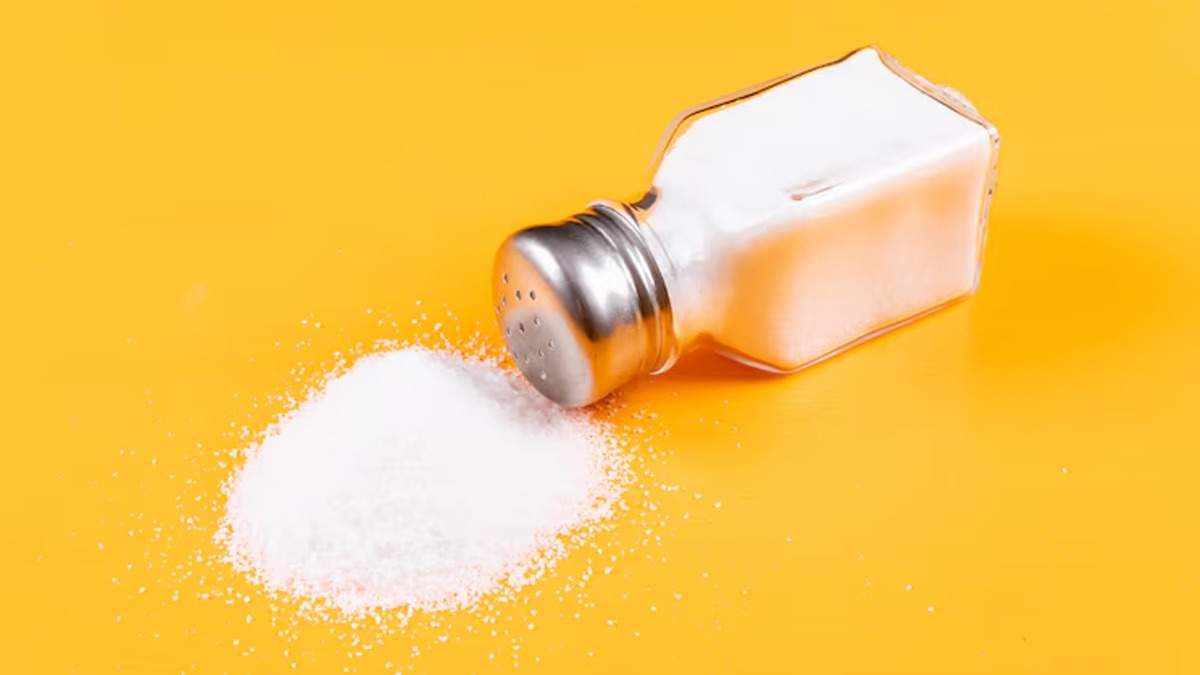Increased Salt Intake Tied to Higher Likelihood of Developing Eczema, Study Reveals
In our fast-paced world, convenience often takes precedence over nutrition. A ubiquitous ingredient that enters our diet is salt. While it is essential for a variety of bodily functions, excessive salt intake is associated with several health problems, including hypertension, cardiovascular disease, and kidney problems. Now, recent studies suggest that eating too much salt can also lead to eczema, a chronic inflammatory skin condition.

In our fast-paced world, convenience often takes precedence over nutrition. A ubiquitous ingredient that enters our diet is salt. While it is essential for a variety of bodily functions, excessive salt intake is associated with several health problems, including hypertension, cardiovascular disease, and kidney problems. Now, recent studies suggest that eating too much salt can also lead to eczema, a chronic inflammatory skin condition.

The link between salt and eczema
Eczema, or atopic dermatitis, is a condition characterized by red, itchy and inflamed skin. It affects millions of people worldwide and can significantly affect quality of life. The exact cause of eczema remains unclear, but it is believed to result from a combination of genetic and environmental factors.
A groundbreaking study published in the Journal of Investigative Dermatology has shed light on a new environmental factor – excessive salt consumption. Researchers have found that high salt intake can increase the symptoms of eczema and potentially increase its prevalence. A study conducted on mice showed that a high salt diet increased immune cells called Th2 cells, which are known to play a critical role in the development of eczema.

How does salt affect the skin?
The skin is the largest organ of the body and serves as the first line of defense against external irritants and pathogens. Maintaining the integrity of the skin is essential for overall health. When the skin barrier is compromised, as in the case of eczema, it becomes more susceptible to inflammation and infection. Studies have found that high salt levels can alter the skin's immune system. Salt promotes the production of cytokines, proteins that signal the immune system to initiate an inflammatory response. In individuals prone to eczema, this increased immune response can trigger or worsen the condition.
Additionally, the researchers noted that salt can directly affect skin cells. High salt concentrations impair the function of keratinocytes, the main cell type in the epidermis. These cells are important for maintaining the skin barrier and repairing damaged skin. Impaired keratinocyte function can lead to skin dryness, irritation, and inflammation, all of which are hallmarks of eczema.
Diet and Implications for Health
The findings of this study highlight the importance of dietary choices in managing and potentially preventing eczema. While it is already known that certain foods can trigger eczema in some individuals, this research suggests that reducing salt intake may be a beneficial strategy for those suffering from the condition.
Practical tips for reducing salt intake
Reducing salt in your diet does not mean sacrificing taste or enjoyment of food. Here are some practical tips to help you manage your salt intake effectively:
Read the labels: Processed and packaged foods are often high in salt. Check nutrition labels and choose low-sodium options when possible.
Cook at home: By preparing meals at home you can control the amount of salt in your food. Use herbs, spices, and other seasonings to enhance flavor without relying on salt.
Limit processed foods: Foods like canned soups, frozen meals and snacks are usually high in salt. Opt for fresh, whole foods instead.
Watch out for sauces and condiments: Many sauces, dressings and condiments are high in salt. Use less of it or look for low-sodium alternatives.
Rinse canned food: If you use canned vegetables or beans, rinse them under water to remove some of the salt content.
